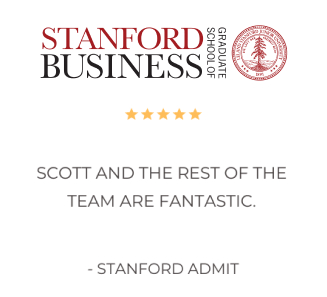Overview
Part-time and Executive MBAs are very popular among working professionals who desire the education and networking experiences of an MBA without taking off time from work. By enrolling in a part-time program, students are able to reduce the overall cost of an MBA because two (in most cases) years of salary do not have to be foregone in order to earn the degree.
Programs are either at night, over the weekend, or both and are able to be completed in different amounts of time depending on the school and how busy of a schedule the student wants to have / how many courses one decides to enroll in each year.
How do these compare to full-time MBA programs?
While all programs teach the same curriculum, often by the same faculty, full-time MBA programs tend to have more students who are looking for a career change and interested in a more intense program with a heavy networking and social component in addition to the academics. Additionally, the part-time (and especially the Executive MBA) programs tend to be catered to students with more experience. That said, many part-time MBA graduates go on to seek new employment and/or change industries completely.
Some additional recruiting work will be required in the part-time and Executive MBA programs. Because fewer students are seeking new employment, on the margin, fewer companies usually recruit from these programs directly through on-campus recruiting. This does not mean students are not well-positioned, but rather they seek employment on their own more often.
Which one is right for you?
Part-time MBA programs are geared towards professionals in the early/middle part of their careers who want the experience of an MBA without taking time off work. Students usually fall below 32 yrs old and are trending younger, with the largest majority falling between 27-32.
Executive MBA programs are geared towards higher level executives / senior management. E-MBA students tend to have more experience than part-time MBA students (6-10+ years for E-MBA) and often have international leadership experience. Students usually fall between 32-41 yrs old.
For more information on MBA programs, contact Scott with any questions at scott@personalmbacoach.com



















